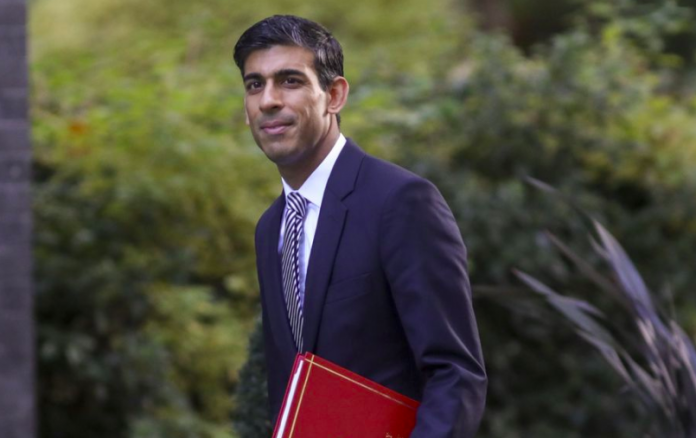Speaking at the AI safety summit, Prime Minister Rishi Sunak has sought to ease fears over the threat presented by the tech, as leading AI nations united to establish a shared understanding of the opportunities and risks posed by frontier AI.
They also underlined the importance of collaboration, with it being endorsed by the likes of Brazil, France, India, Ireland, Japan, Kenya, the Kingdom of Saudi Arabia, Nigeria and the United Arab Emirates.
The agreement emphasised that the key avenue to deepening the understanding of the risks that AI could potentially hold is bringing together the key stakeholders and looking to enforce a universal approach to risk mitigation.
According to the Summit, this can ensure that the most effective scientific research can be used to create an evidence base for managing the risks whilst unlocking the benefits of the technology, including through the UK’s AI Safety Institute which will look at the range of risks posed by AI.
With the UK hosting the Summit and eyeing a role as leader in the development of AI, Sunak took centre stage to underline the importance of not being alarmist when it comes to the emergence of the tech.
Sunak stated to press at the conference: “People developing this technology themselves have raised the risk that AI may pose and it’s important to not be alarmist about this. There’s debate about this topic. People in the industry themselves don’t agree and we can’t be certain.
“But there is a case to believe that it may pose a risk on a scale like pandemics and nuclear war, and that’s why, as leaders, we have a responsibility to act to take the steps to protect people, and that’s exactly what we’re doing.”
The Summit, which is a landmark for the growth of AI, has also played host to Elon Musk and a host of key figures from the world of tech, with Sunak previously detailing the importance of a regulatory framework that offers enough protection against any potential risks from AI.
It could have a real impact on the growth of the payments sector, one which has already embraced AI on a notable level. Tony Craddock, Director General of The Payments Association underlined that ‘nothing emphasises how quickly the world is changing more than the UK Government calling a Summit to align on how to handle the opportunities and potential threats of AI’.
He added: “Money and payment technology has consistently evolved to suit the world around it and the coming years will be no different. We should embrace the opportunities for change, with developments like digital currencies promising to make payments more inclusive and with as little friction as possible. As tech leaders, academics and political leaders meet to discuss AI safety we should be aware too of how this impacts upon fintech.”
“The sector needs to learn to use AI effectively. It’s vital that we put policy in place and advice on regulatory frameworks for customer-led data sharing between services, especially in the area of AI-powered debt and money advice, allowing more non-traditional providers to offer early intervention tools for those who are financially disadvantaged or excluded.”























